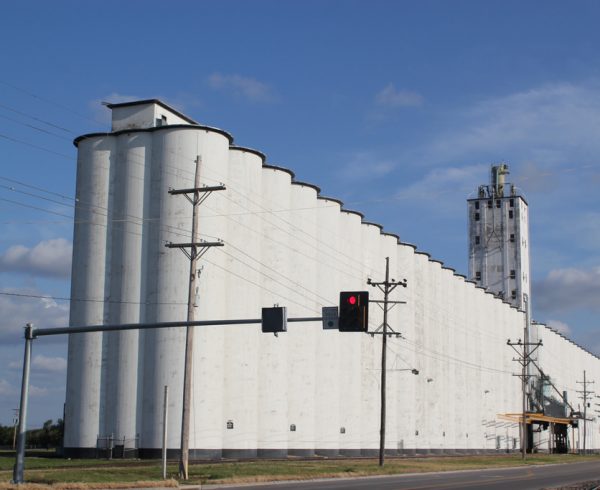The U.S. startup scene is languishing. Establishment “births” only accounted for about 11.3% of all jobs created during the third quarter of 2016.
Beneath headlines generated by Snap Inc.’s multibillion-dollar IPO or the latest Silicon Valley darling, new companies simply aren’t the same economic engine they were in decades past.
During the latest expansion, new establishments have accounted for a little more than 11% of all new private-sector jobs created in the U.S. During the 1990s, the figure was 15%, according to Labor Department data released Wednesday.
That may seem a small shift, but those few percentage points add up to nearly 300,000 jobs a quarter.
The startup slowdown also suggests a loss of dynamism across the broader U.S. economy, with Americans either less willing or less able to launch a new venture, and a decline in the kind of churn that leads to greater opportunity for workers and rising productivity.
“The evidence suggests that the decline in dynamism is reason for concern and sheds light on debates about the causes of slowing productivity growth,” economists Ryan Decker, John Haltiwanger, Ron Jarmin and Javier Miranda wrote in a February 2017 discussion paper for the Federal Reserve.
The latest Labor Department report tracks job creation from existing and new establishments. It shows that establishment “births” accounted for about 866,000 new jobs in the third quarter of 2016. That works out to about 11.3% of all jobs created during the period.
The rate has changed little over the past eight years. Looking back further—Labor’s dynamics data reach back to mid-1992—the only sector where startups are creating more jobs is education and health care. New manufacturing firms accounted for the creation of 22,000 jobs in the third quarter of 2016, roughly 80% fewer than 24 years earlier. Natural resources and mining, financial services and information—a sector that lumps together old-world publishing with software and internet services—are all down by about half.
Why would that hurt productivity? Mr. Decker and his colleagues focus on allocative efficiency, or “the continual movement of resources to their most productive uses.” A decline in startups suggests that capital and labor aren’t getting moved to enough fast-growing young companies.
“In sum, focusing on the detrimental effects from fewer new businesses on aggregate productivity growth may undervalue the strong innovation that existing firms contribute to the economy,” Ms. Li wrote.
Even so, a decline in startups raises other red flags for the economy, including the possible effects of regulations, an aging population, a growing divide between cities and rural areas, outsourcing or simply a loss of entrepreneurial spirit.
– Jeffrey Sparshott
This article is taken from the Wall Street Journal, and is for demonstration purposes only.












